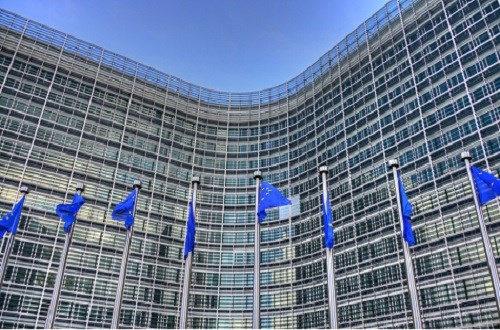Spanish football clubs to repay incompatible aid
In three in-depth investigations, the EU Commission has decided that seven Spanish football clubs, including Real Madrid FC and FC Barcelona, have to repay illegal state subsidies which have benefitted the clubs through the last 25 years. Spanish football clubs have long been treated as non-profit enterprises thus exempting them from paying the same taxes as ordinarily listed companies. However, as the EU Commission concluded in the investigation, public support measures provided by Spain breached the EU State aid rules and gave the seven football clubs an unfair advantage over other clubs.
In a recent press release, EU competition commissioner, Margrethe Vestager stated: "Using tax payers' money to finance professional football clubs can create unfair competition. Professional football is a commercial activity with significant money involved and public money must comply with fair competition rules. The subsidies we investigated in these cases did not".
Results from the investigation show that Real Madrid is required to pay back €18.4 million of state support from a 1998 land deal with the City of Madrid. Furthermore, Real Madrid, FC Barcelona, Athletic Bilbao and Osasuna have, unlike other Spanish football clubs, been allowed to remain member-owned since 1990. This has exempted from becoming sport limited companies, resulting in a preferential tax rate of 25% instead of the 30% applicable to limited sport companies. The EU Commission estimates that the 5% tax benefits, enjoyed by the four football clubs since 1990, amount to €1-5 million in repayable taxes per club.
Finally, state-guaranteed loans given by the Valencia Institute of Finance (IVF) to Valencia FC, Hercules FC and Elche FC, between 2009 and 2013, are illegal, according to the EU Commission. The three clubs’ severe financial difficulties resulted in a public guarantee which allowed the clubs to obtain the loans on more favourable terms than other Spanish football clubs. Valencia, Elche and Hercules have to pay back €20.4, €3.7 and €6.1 million respectively.
The EU rules regarding state aid have been created in order to keep a level playing field between football clubs not receiving public subsidies and the clubs that do. Public subsidies can create unfair competition by conferring an economic advantage on a football club that rivalling clubs do not have. Parallel to the investigation of the Spanish football clubs, the EU Commission has conducted an investigation of state aid to five Dutch football clubs. However, contrasting the conclusions on the state aid in Spain, the Commission cleared the support measures to football clubs in the Netherlands.






